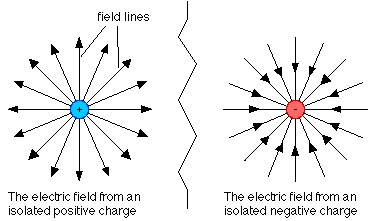That is all pretty much spot on what science says, I will expand a couple of points.
1. So far, what I think I have is that fields permeate the cosmos. (Is this theory, or is there any way in which it has been/could be established?)QFT goes a little further and says fields make spacetime and consider it to be a physical entity.
GR doesn't go that path because it is based on a classic field in it's inception.
In the modern framework of the quantum theory of fields, even without referring to a test particle, a field occupies space, contains energy, and its presence eliminates a true vacuum. The fact that the electromagnetic field can possess momentum and energy makes it very real... a particle makes a field, and a field acts on another particle, and the field has such familiar properties as energy content and momentum, just as particles can have. If a particle is real then a field must be considered equally real.
Do you see the subtlety you can expand/contract spacetime, and there is an outside spacetime.
So QFT definitely takes an approach some other areas of science might not agree with.
You may want to consider your favourite infinity under that.
2. On average, fields may be measured as zero or non-zero, at any point in space. (Is that their energy?)Agreed
3. We detect fields by observing disturbances in them.Agree and science detected the higgs field in exactly that way.
If you produce a certain collision it reacts with the field and you see the disturbance as a
short lived virtual particle we call the Higgs boson.
4. I assume this also applies to the gravitational field, because, although gravity waves have not yet been observed directly, we can detect it only because it is disturbed by the presence of matter and/or energy.Agreed and science is uncertain yet if gravity is a quantum field or a classic field.
5. The normal form taken by disturbances is that of waves.Agree and extend.
The waves are the exchange of energy and the maximum speed of the waves is the speed of light.
6. In quantum field theory the waves are [also] particles. (Are there any fields that cannot be described as quantum fields?)Agree and gravity may not be a quantum field.
Our current best theory to described gravity is a classic field theory.
Ultimately if gravity is quantum it would follow the normal QFT transformation done on other fields.
7. All particles are associated with fields, but only at quantum level is this of significance in the present state of our knowledge.
[/quote]Disagree even in a classic sense you have a problem of the chicken and egg scenario, I sort of bought this up with the electron.
So an isolated electron produces and has a field around it at school you may have drawn it like this

See the problem is the electron producing the field or merely visible because of the field.
Classic physics assumes the electron is producing the field and it radiates out to infinity.
QFT says the field was always there you just made it visible by putting a particle at a point.
QFT also says it is correct because of the discovery of the higgs you can't see or even deduce that field in classic physics.
So science answered the chicken and egg question conclusively .. classic physics lost

However definitions on "the universe" got a little more interesting didn't they

You may care to think of a particle moving vast distances without losing energy in that scheme

Which scheme does QM entanglement make more sense in

If you ever wanted in a nutshell why classic physics is incompatable with QM there it is.
Bill G doesn't like it but classic physics can lead to really wrong answers ... like above

You see classic physics isn't approximately giving the right answer or understanding, and we are going to need to rethink teaching this stuff.
The take home memo is we are never going back to classic physics and QM is never going to disappear, the higgs told you




